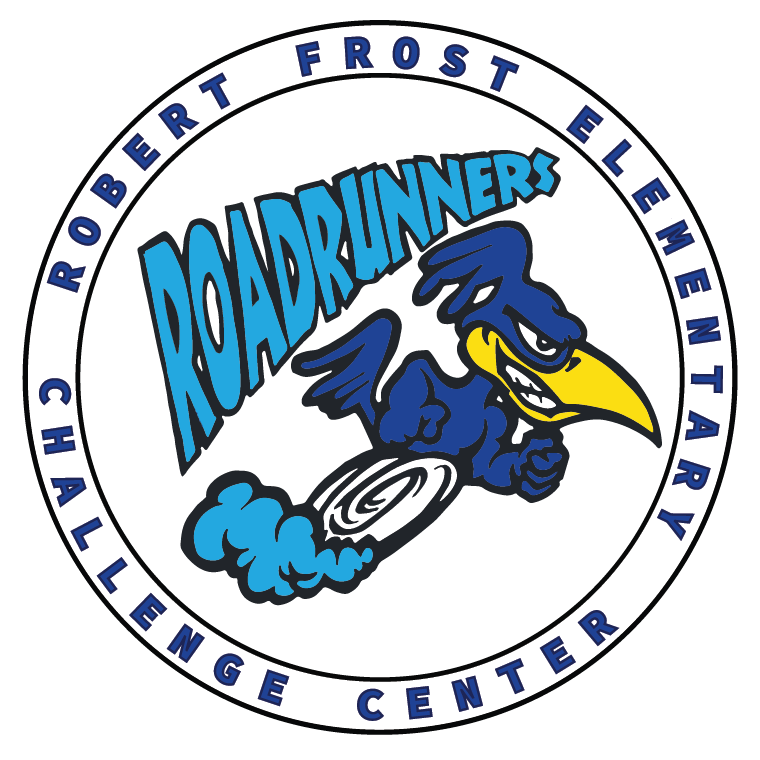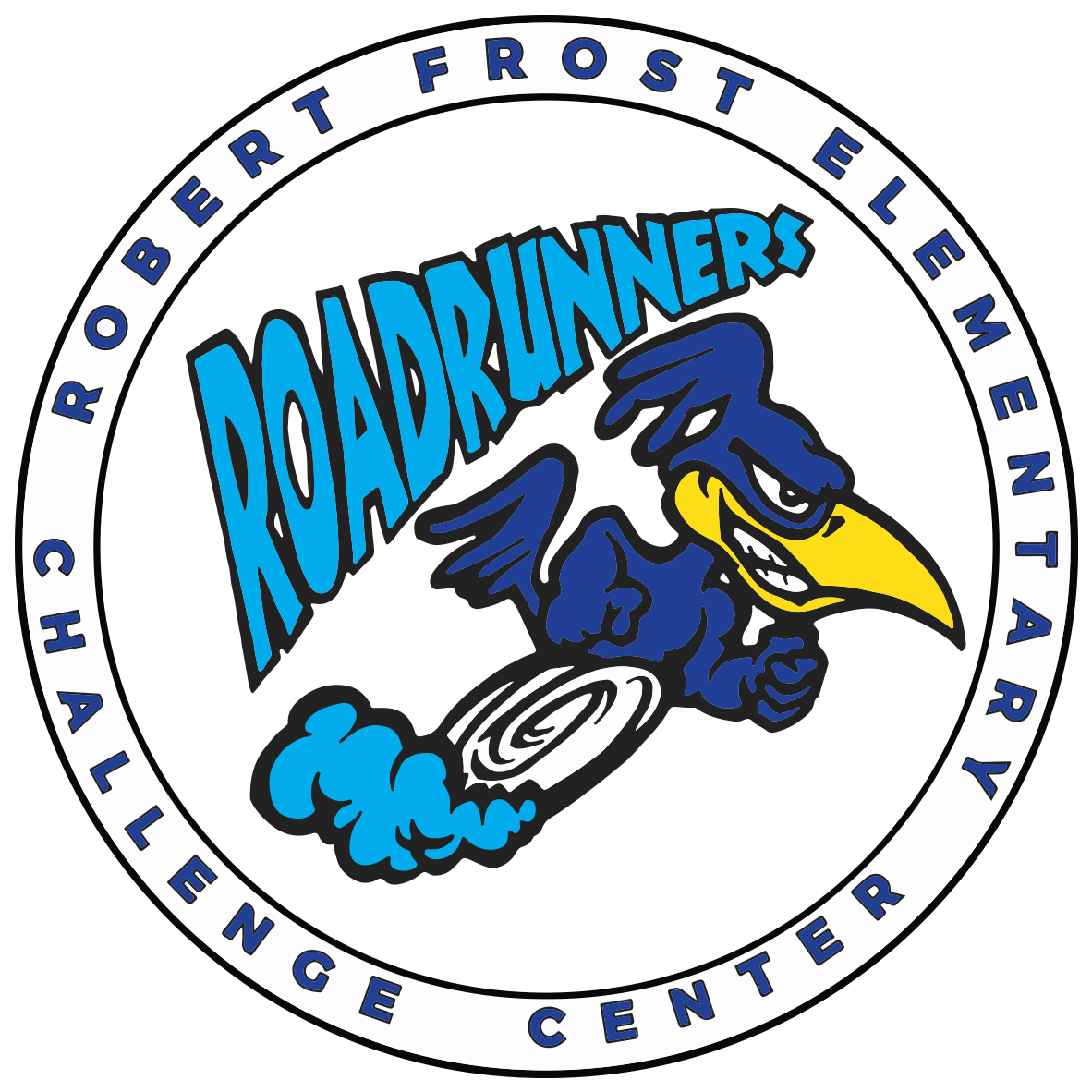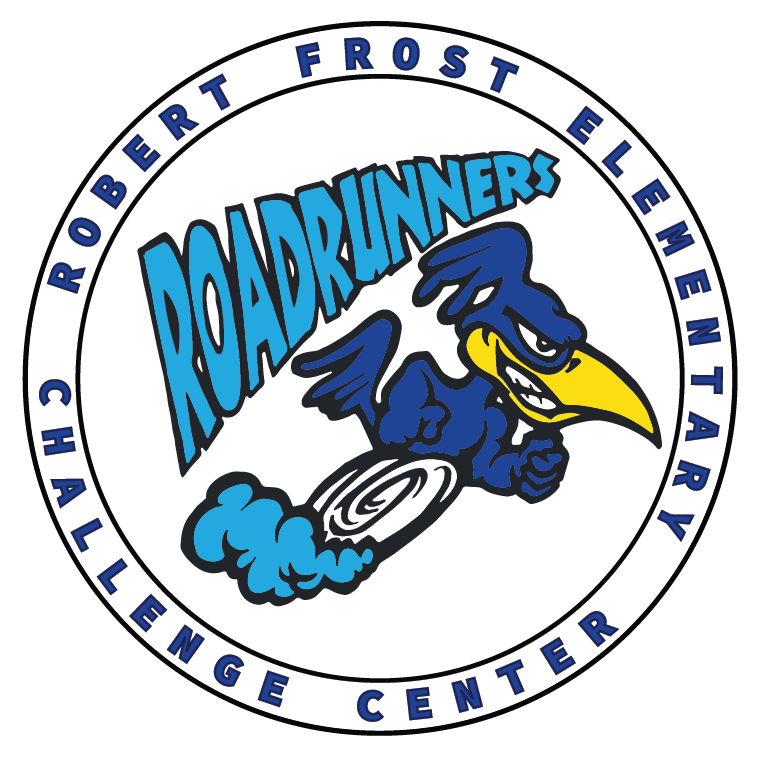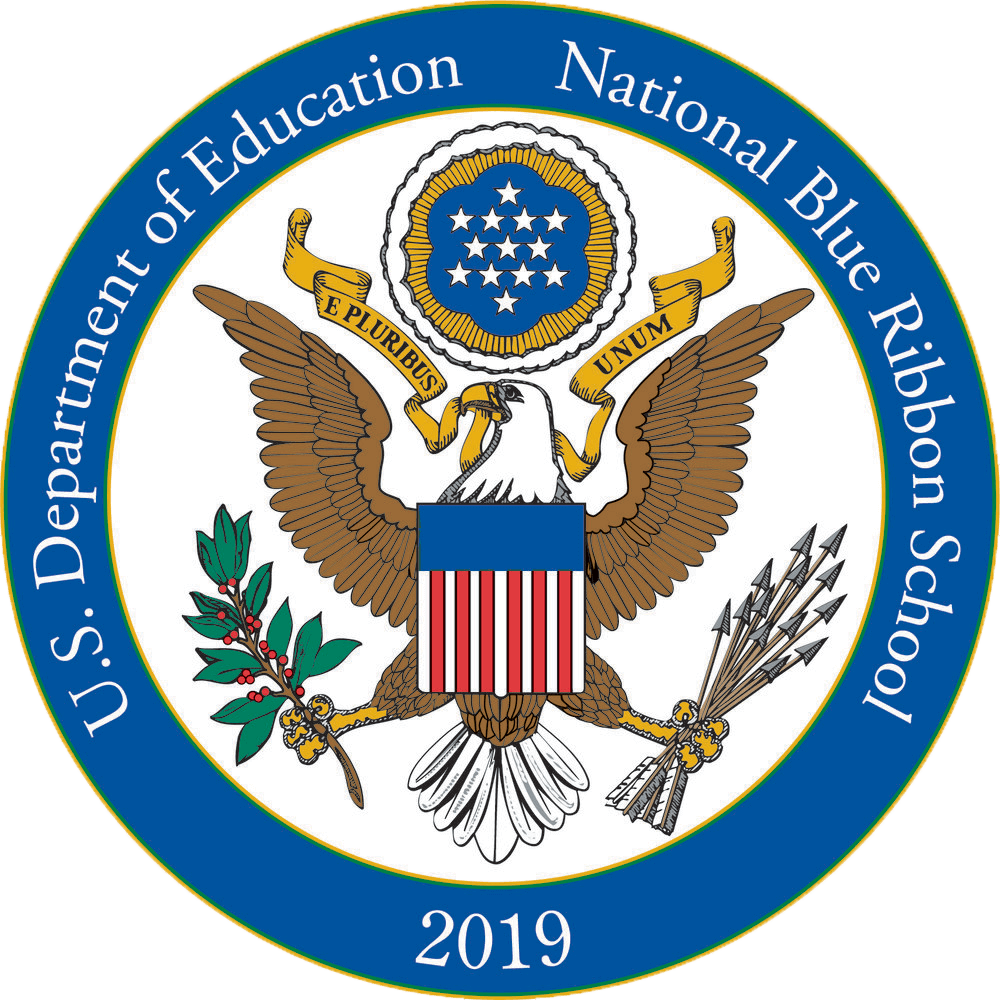✆ (605) 367-6170
✉ Email Hollie Bialas
➢ Challenge Center - Lead Clerical
The core of the curriculum focuses on meeting state content standards while not limiting student learning to specific grade-level standards. Teachers differentiate the curriculum in content, process, and products.
To provide content differentiation, teachers:
Pre-test students to determine the correct level of subject difficulty.
Compact curriculum to eliminate concepts previously mastered.
Relate content to broad-based issues, themes, and /or problems.
Integrate content into other curriculum areas.
Provide for varied learning styles.
Allow for in-depth study of given topics.
To provide for process differentiation, teachers:
Develop students’ independent or self-directed study skills.
Develop students’ complex, abstract, and/or higher-level thinking skills.
Focus on open-ended questions and tasks.
Integrate basic skills into basic themes.
The core of the curriculum focuses on meeting state content standards while not limiting student learning to specific grade-level standards. Teachers differentiate the curriculum in content, process, and products.
To provide content differentiation, teachers:
Pre-test students to determine the correct level of subject difficulty.
Compact curriculum to eliminate concepts previously mastered.
Relate content to broad-based issues, themes, and /or problems.
Integrate content into other curriculum areas.
Provide for varied learning styles.
Allow for in-depth study of given topics.
To provide for process differentiation, teachers:
Develop students’ independent or self-directed study skills.
Develop students’ complex, abstract, and/or higher-level thinking skills.
Focus on open-ended questions and tasks.
Integrate basic skills into basic themes.
To provide product differentiation, teachers design assignments that ask students to:
Use new techniques, materials, and forms.
Develop self-understanding.
Show evidence based upon criteria of creating products that match expectations.
Experience and choose format options, including oral, visual, written, and kinesthetic presentations.
Analyze existing ideas and produce new ideas.
Mathematics instruction is based on readiness and performance grouping across the grades. Number sense and problem-solving are at the core of the math curriculum. Although students are allowed to accelerate, enrichment allows students to develop a broader base of mathematical understanding.
Students are given opportunities to investigate science through the FOSS (Full Option Science Systems) curriculum. This program stresses the scientific process of inquiry, development of a hypothesis, and an investigation to evaluate the hypothesis. Informational texts are incorporated to develop skills required to read nonfiction, investigate areas of interest, and present individual research.
Social studies instruction relies on interactive lessons that allow students to analyze, apply, and demonstrate their learning. A basic social studies text, nonfiction literature, teacher-developed units, and research are also used to allow for differentiated instruction.
Students have art, music, and physical education twice a week. Art instruction is often tied to instruction in the classroom. As with other areas of the curriculum, both art and music are accelerated and enriched. Students may start orchestra in fourth grade and band in fifth grade. Many Challenge Center students are skilled musicians and often take both band and orchestra.
Interims were begun when the Challenge Center began. They are focused units of study which extend beyond the core curriculum and are multi-disciplinary in nature. They provide students the opportunity to learn about a broad topic of interest and are generally planned and coordinated by parents with the support of Challenge Center teachers. They may be a week-long focus or may extend over a longer period of time. Field trips and guest speakers are woven into most interims, moving the learning outside the walls of the school.



